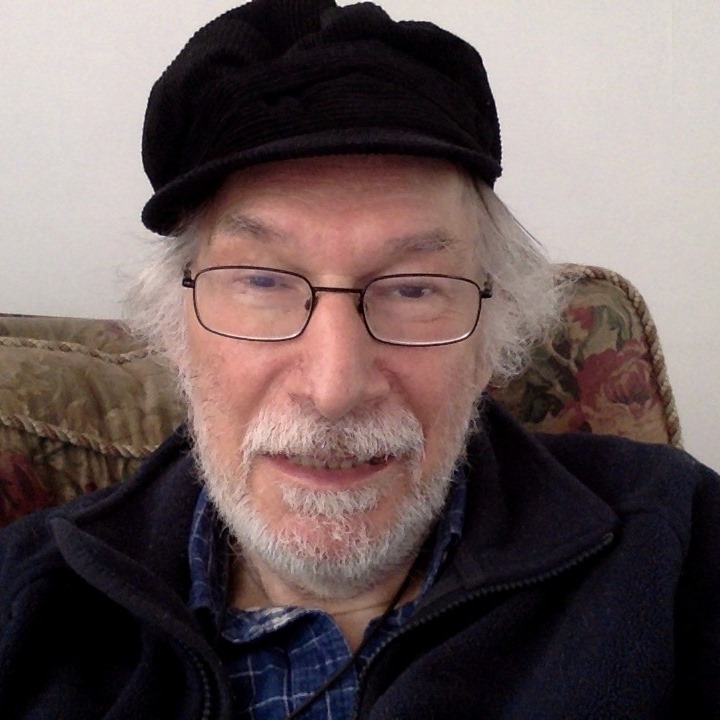
Raymond Noble is a theoretical biologist who focuses on the nature of causation in biological systems and how organisms make creative choices. He studied Zoology at Manchester University in the 1970s and earned a PhD in neuroscience from Edinburgh University. Before his current position as an Honorary Associate Professor at the Institute for Women’s Health, he served as the Deputy Dean of Life Sciences at University College London and as a graduate tutor. He is also a Chartered Biologist and a Royal Society of Biology Fellow.
Harnessing Stochasticity
Raymond developed with his brother, Denis, the theory that organisms, at every level of organisation, harness stochasticity in adaptive change, creative decision-making, and directed evolutionary adaptations. Their best-selling book, Understanding Living Systems (CUP, 2023), which many have described as a “game changer,” presents a holistic and non-gene-centric view of life. Key publications can be found here.
Reproductive Ethics and Rights
Raymond established a Collaborative Centre for Reproductive Ethics and Rights in the UCL Institute for Women’s Health in 2005 to consider issues at the interface of clinical practice in Women’s Health and develop an understanding of ethics in the biomedical sciences. He also ran courses in ethics in the medical curriculum and in life sciences at UCL and served as vice-chair of an NHS Trust research ethics committee. He also contributed to ethics teaching at the Royal Veterinary School in London.
Collaboration in India
In 2007/8, with British Council UKIERI funding, Raymond established a short course in medical ethics in India. He carried out pilot research with focus groups of women attending community clinics in rural Andhra Pradesh, investigating views on informed consent and confidentiality and their impact on healthcare access.
Somatosensory research
In the 1970s and 1980s, in collaboration with Alan Brown and others in Edinburgh, Raymond Noble was first to record and label identified somatosensory neurones and map their organisation in the spinal cord. His work in collaboration with Andrew Short and Richard Koerber also demonstrated the relationship between receptive field organisation and sensory processing, revealing the interplay between excitatory and inhibitory neurones in the primary processing of sensory inputs.
Breathing in the newborn:
In the late 1980s and 1990s, Raymond Noble’s team worked on the control of breathing in the newborn, demonstrating the existence of an inhibitory pathway involved in the suppression of breathing in the newborn during hypoxia.
Professor Raymond Noble has extensively written about nature and the human condition.
Raymond appears on radio and television and publishes widely on science, humanities, and politics.
